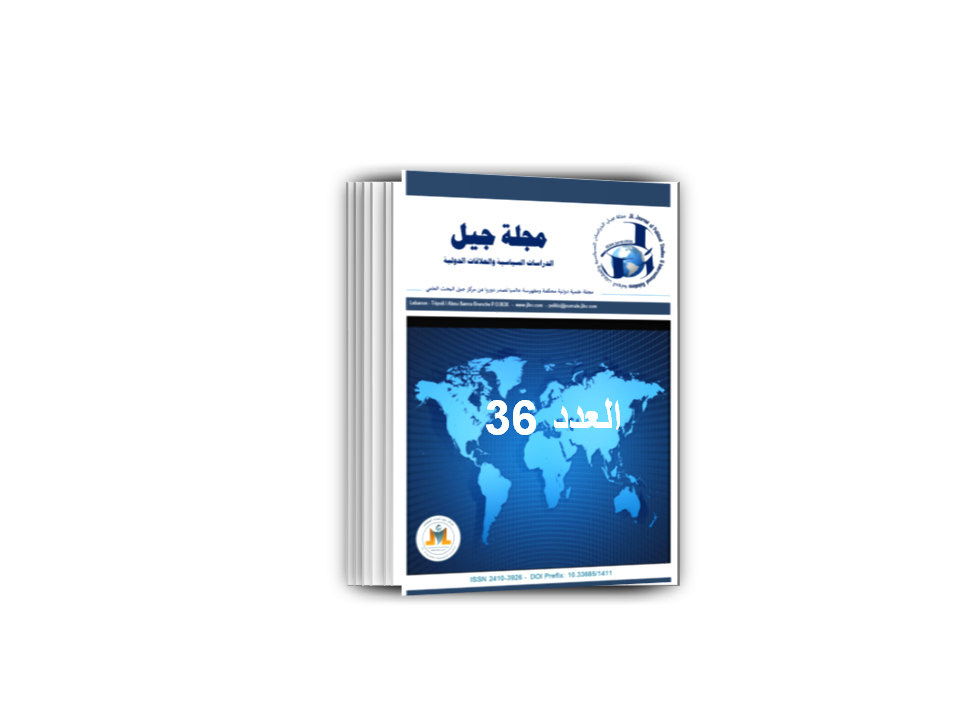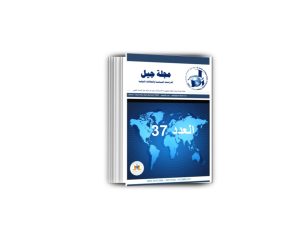
أدوات انتقال السلّطة في المشرق العربي المعاصر: الانقلابات العسكريّة أنموذجا
Instruments of Power Transfer in the Contemporary Arab East: Military Coups as a Model
ط.د. منصف سلطاني ( جامعة منوبة – تونس)
Moncef Soltani (University of Manouba, Tunisia)
مقال منشور في مجلة جيل الدراسات السياسية والعلاقات الدولية العدد 36 الصفحة 65.
مستخلص:شهدت دول الشرق الأوسط في القرن العشرين تعدد الانقلابات العسكرية بعد نهاية الحرب العالميّة الثانيّة وذلك نتيجة فشل الأنظمة السياسية في تغيير الواقع الاقتصادي والاجتماعي السائد. وأطاحت موجة الانقلابات العسكرية بالنظم الملكية في دول الشرق الأوسط التي معظمها موالية للاستعمار البريطاني والفرنسي مثل النظام الملكي في مصر بقيادة الملك فاروق وبالحكم المدني في العراق وسوريا. ولم تراهن الأنظمة العسكرية في المشرق العربي على تغيير الأوضاع الاقتصاديّة والاجتماعية في المجتمعات بل راهنت على الحفاظ على السلطة بوسائل مختلفة.
ولم تحقق هذه الأنظمة العسكريّة تنمية علميّة واقتصادية بل بقيت المجتمعات العربيّة التي حكمتها الأنظمة العسكريّة تعاني تأخرا تكنولوجيا واقتصاديا.
الكلمات المفاتيح: السلطة، انتقال، المشرق العربي، الانقلابات العسكريّة.
Abstract:
In the twentieth century, the countries of the Arab Levant witnessed multiple military coups after the end of World War II, as a result of the failure of political systems to change the prevailing economic and social reality.Coups overthrew the monarchies in the countries of the Middle East, most of which were loyal to British and French colonialism, such as the monarchy in Egypt led by King Farouk and the civil rule in Iraq and Syria. The military regimes in the Arab Levant did not bet on changing the economic and social conditions in societies, but rather bet on maintaining power through various means. These military regimes did not achieve scientific and economic development. Rather, Arab societies ruled by military regimes continued to suffer from technological and economic backwardness.
Keywords: power, transition, the Arab Levant, military coups.

